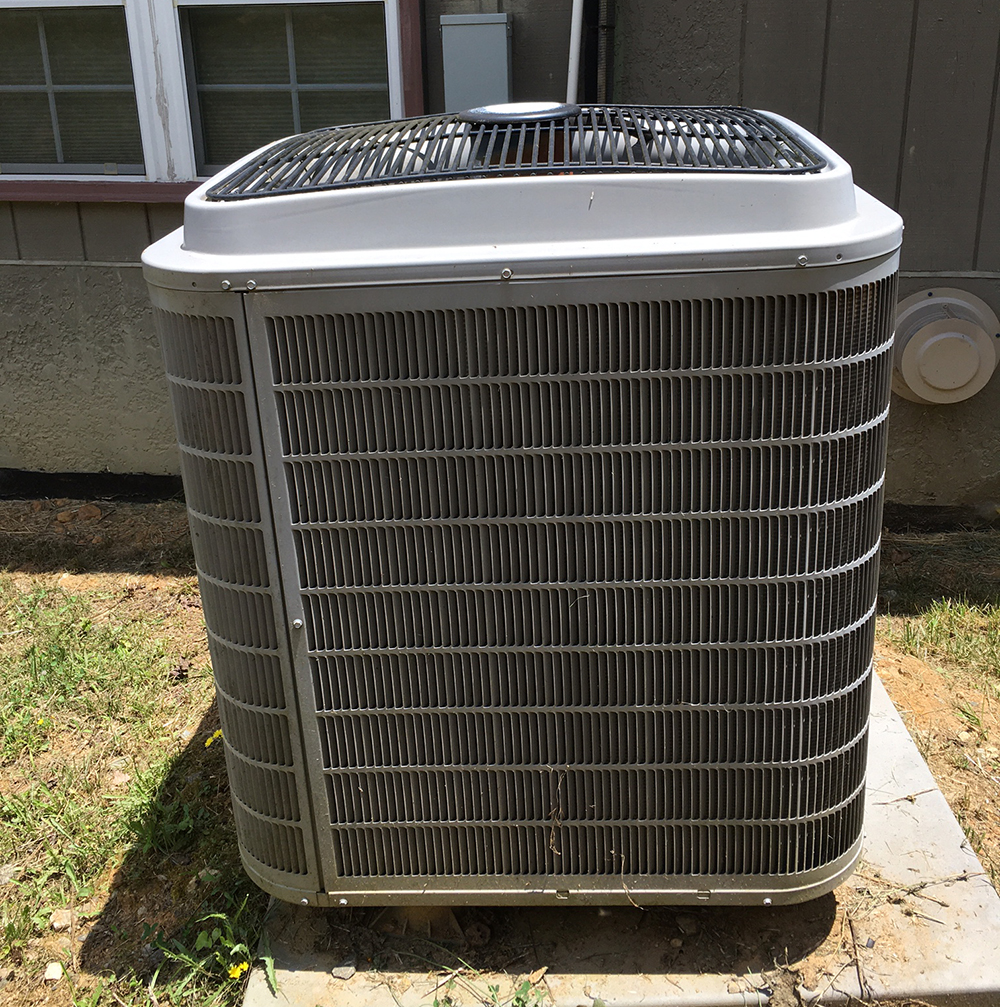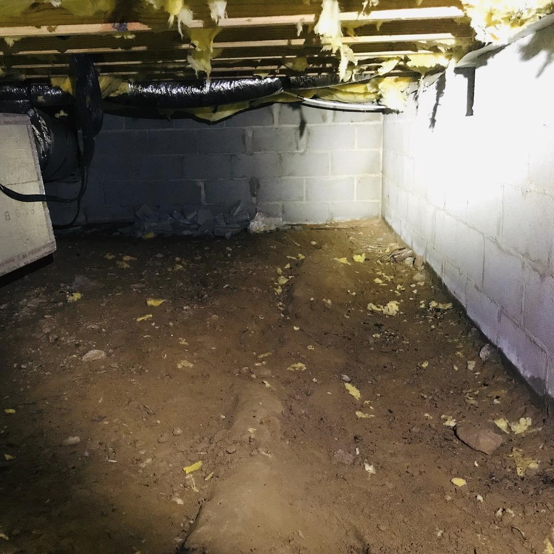
Have you ever experienced being so familiar with something that you start to overlook it? That happens to a lot of homeowners. They overlook things that should not be neglected. This can be a problem when it’s time to sell your home. The sale is contingent upon a favorable home inspection, and here’s the bottom line: The home inspector has a trained eye. He or she will catch all those things you may be missing. Here are some things inspectors routinely find.
Things are looking up!
The importance of a home’s roof cannot be emphasized enough. A leaky roof is never a localized problem if left unrepaired. Water will find its way in, and will travel downward, resulting in damage to ceilings, walls, even to floors. Inspectors will check a home’s interior for signs of water damage, such as stained ceilings and walls, or sagging areas on ceilings.
While most home inspectors do not take a stroll across your roof, they may take a look from a ladder, using binoculars to see further away. This type of visual inspection can may catch popped nails or torn or mold-damaged shingles, but won’t usually reveal hidden leaks. Some inspectors use drone operated cameras, which fly over your roof and make high-res digital recordings of its entire surface. Since inspectors go up in attics, they may see points of light coming through the roof. If these are not from ridge vents or turbines, they likely indicate trouble. If light can get through, so can water!
Your inspector can tell by the roof’s condition if it is coming near to “end of life.” Roof replacements are costly affairs, so a poor roof report might be a real sticking point in a home sale.
Blowing hot and cold
As temperatures are heating up across the country, your home’s HVAC system is more crucial than ever. When inspectors look at a home’s HVAC system, they might find several issues. The most common is a very easy fix – dirty or clogged filters. Your filter cleans the air as your HVAC system is working. When filters become clogged, they block the airflow, which can cause damage to the system’s heating and cooling functions.
The easy fix? Change the filter regularly. Check it every 30 days for signs of dirt and dust. Change it at least every 90 days. The longer it sits, the more dust, dirt, and allergens will accumulate in your home.
Up in the attic, the inspector may find cracks or breaks in the ductwork. In some cases, support straps come loose and ducts may become partially disconnected. Cracked or broken duct connections waste power and money, since heated or cooled air is venting into the attic rather than living spaces.
Another problem is old or poorly maintained systems. This can cause less than stellar performance as well as health and safety issues. Gas appliances need functioning exhaust systems to vent harmful gases to the outside. Cracks or breaks in heat exchangers can cause gases to leak back into the house.
Keep in mind that HVAC systems are constructed of complex electronic and mechanical parts that are subject to wear and tear. Your inspector will assess the current condition of the HVAC system by running it through a heating or cooling cycle, and may be able to speculate on the remaining life of the unit. However, these are assessments are limited in scope. There are no guarantees the unit will not fail sooner than later.
Sneaky appliances
Home inspectors check out all major, built-in appliances, such as the stove, refrigerator, dishwasher, garbage disposal, washer, and dryer. Smaller appliances, like toaster ovens and microwaves aren’t inspected.
Appliances can be sneaky. Just because they work when the inspector is there, that doesn’t mean they will continue to do so. Stovetop burners can fail, as can oven heating elements.
• Ovens that don’t get hot
• Non-functioning range burners
• Refrigerators and freezers not cooling properly
• Unvented range hoods
• Broken ice makers
• Defective garbage disposals
• Washers that don’t spin
• Dryers that don’t heat up
• Lint-clogged dryer vents
Depending on the age of the appliances, the inspector may advise on repair or replacement.
Making the grade
This one is quite simple. The land around a house should slope gradually away from the home.
When it slopes toward a house it can affect the foundation and cause water to collect in basements and crawl spaces.
Think mold! And that’s never a good thing.
Hiding something?
Home inspectors are like Sherlock Holmes when assessing the specter of hidden problems. What’s under a floor covering remains a mystery to the untrained eye. Inspectors don’t pull up carpets or wood flooring to see what lies beneath, but they look for telltale signs of trouble. A soft or sagging area on the floor indicates trouble below. Uneven, washboard-appearing wood flooring might indicate a wet crawlspace underneath.
Stains on the carpet or baseboards could indicate recurring moisture problems.
This is why hiring an experienced home inspection sleuth is critical. You never know what a home may be hiding, but a good home inspector is trained to find out.
Buying or selling a home?
Avoid unpleasant surprises! Contact Asheville Home Inspector Peter Young before signing any contracts. Call (828) 808-4980, or click here to make an appointment.




